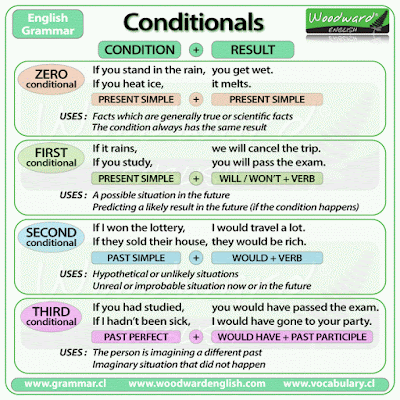Part 5 is a long text with 6 multiple choice comprehension questions. In this part you have to show that you can understand what the writer is saying. It often takes a while to get used to this part of the paper, but the more practice you can do, the faster and easier it becomes.
Remember:
* The answers are in the same order as the questions, which means the answer to question 1 is near the beginning and the answer to question 2 comes next.
* Read what the text says, and don't insert your own opinion in the topic. It is about what the writer says, not what you think about the topic.
* If a word in an answer is also in the text, there's a good chance that it's
not the answer.
Part 6 is where you have to read another long text, except this time some sentences have been removed. What you have to do is put them back into the right place. There are 6 gaps, but 7 sentences, which means there is one you will not use.
Remember:
* Read the text with the gaps before you look at the questions. It will help knowing what the text is about and allow you to get some idea of its structure before you start trying to find the answers.
* The most important sentences are the ones before and after each gap, so read these well and closely.
* There are clues in the text: names and pronouns, time phrases, quotation marks, contrast words, verb tenses.
Part 7 is where you have 10 statements that you have to match to the information in one long text or a few shorter texts.
Remember:
* Start by reading the introduction to the task, and the title of the article, for they will give you an idea of what the text is about.
* Underline the key words and phrases in the questions.
* You want to find synonyms. Again, if a word is in both the text and a question then it is probably not the answer.
Now it's time for some practice :)




























